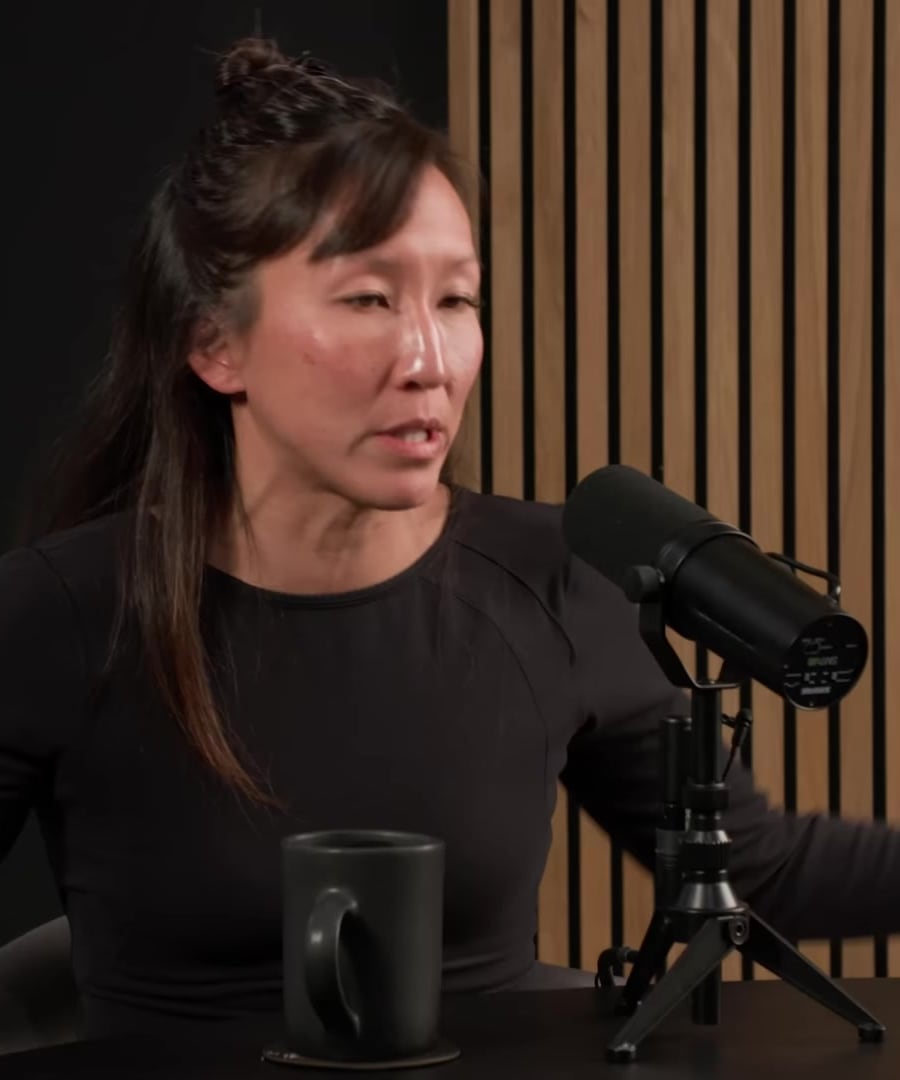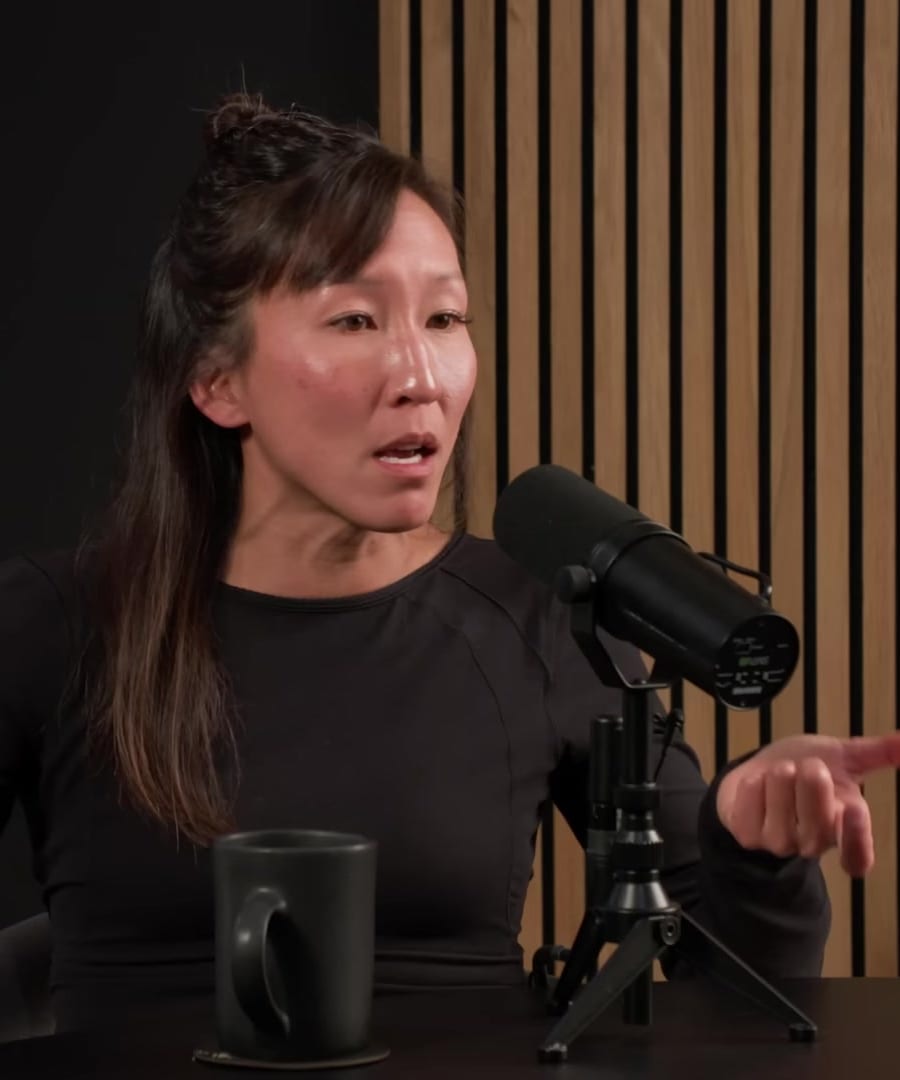Summarise Dr. Kay Tye: The Biology of Social Interactions and Emotions - Huberman Lab
The episode "Dr. Kay Tye: The Biology of Social Interactions and Emotions" of the podcast features , who presented her work on the biological underpinnings of social interactions and emotions. Here is a summary of the discussion:
- Dr. Tye's research has identified specific neuronal populations that are associated with feelings of loneliness. These "loneliness neurons" are involved in the feeling of social homeostasis, which refers to the balance of social interactions we need to feel satisfied.
- Insights into the amygdala, a region of the brain that is key for processing emotional responses, were shared. This included its role in valence processing, which determines how we perceive experiences as either positive or negative.
- The importance of understanding social feedback and its impact on behavior, as well as the use of feedback for improvement and mentoring within a lab setting, was discussed.
- The episode covered the impact social interaction can have on our well-being, including effects from maternal separation and the biological mechanisms underlying the feeling of loneliness.
- Dr. Tye discussed social set points, or the notion that we might have a "set point" for the amount of social interaction we require, much like we have hunger set points for caloric intake.
- The importance of empathy, social alliances, and the biology behind them were also explored, including the neurocircuitry involved in friend versus foe relationships.
- Discussion ranged from the abundance to scarcity mindset and how they affect our perception of social rank and competition.
- Lastly, the episode touched on the potential and caveats of exploring psychedelics and psychedelic therapy, and the importance of work-life balance and embracing diverse paths to happiness within the scientific community.
This episode was published on November 10, 2022. For a more comprehensive understanding, consider listening to the complete episode .
RELATED QUESTIONSSummarize Dr. Kay Tye: The Biology of Social Interactions and Emotions
Sources:
In the of the , the guest , discusses several key points:
-
Social Homeostasis: Dr. Tye talks about social homeostasis, which is the concept that individuals have a 'set point' for the amount of social interaction they need to feel satisfied. When this balance is disrupted, it can lead to various negative behaviors upon reintroduction to a group. This concept became particularly relevant during the COVID-19 pandemic when individuals adjusted to decreased levels of social interaction 1.
-
Personal Impact of Social Isolation: Relating personal experience, Dr. Tye elaborates on her feelings of isolation during the pandemic and subsequent adjustment to a life with significantly less social contact. This real-life situation informs her research and contributes to the idea of social homeostasis 2.
-
Impact of Social Media: The conversation extends to the psychological impact of social media. Dr. Tye raises concerns about the ways in which social media can create a sense of loss and feelings of missing out by exposing us to things we didn't know we might want or need 3.
-
Quality and Quantity of Social Contact: Dr. Tye and Dr. Huberman touch upon the importance of both the quality and the quantity of social interactions, emphasizing that there can be too little or too much contact, affecting one's sense of social satiety 4.
-
Relative Nature of Social Interactions: They discuss the significance of relational investment in social interactions and how social media often lacks the mutual investment found in more personal interactions, making the bond less meaningful 5.
This episode provides insights into the biological and psychological factors at play in social interactions and emotions, drawing from both research and personal experiences shared by Dr. Tye.
RELATED QUESTIONS-
Summarise Dr. Kay Tye: The Biology of Social Interactions and Emotions - Huberman Lab
- RELATED QUESTIONS
Summarize Dr. Kay Tye: The Biology of Social Interactions and Emotions
- RELATED QUESTIONS




